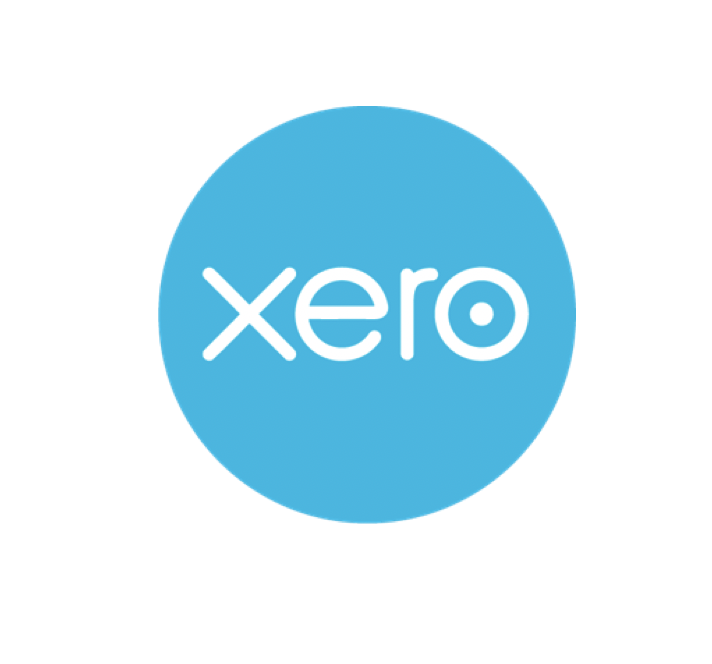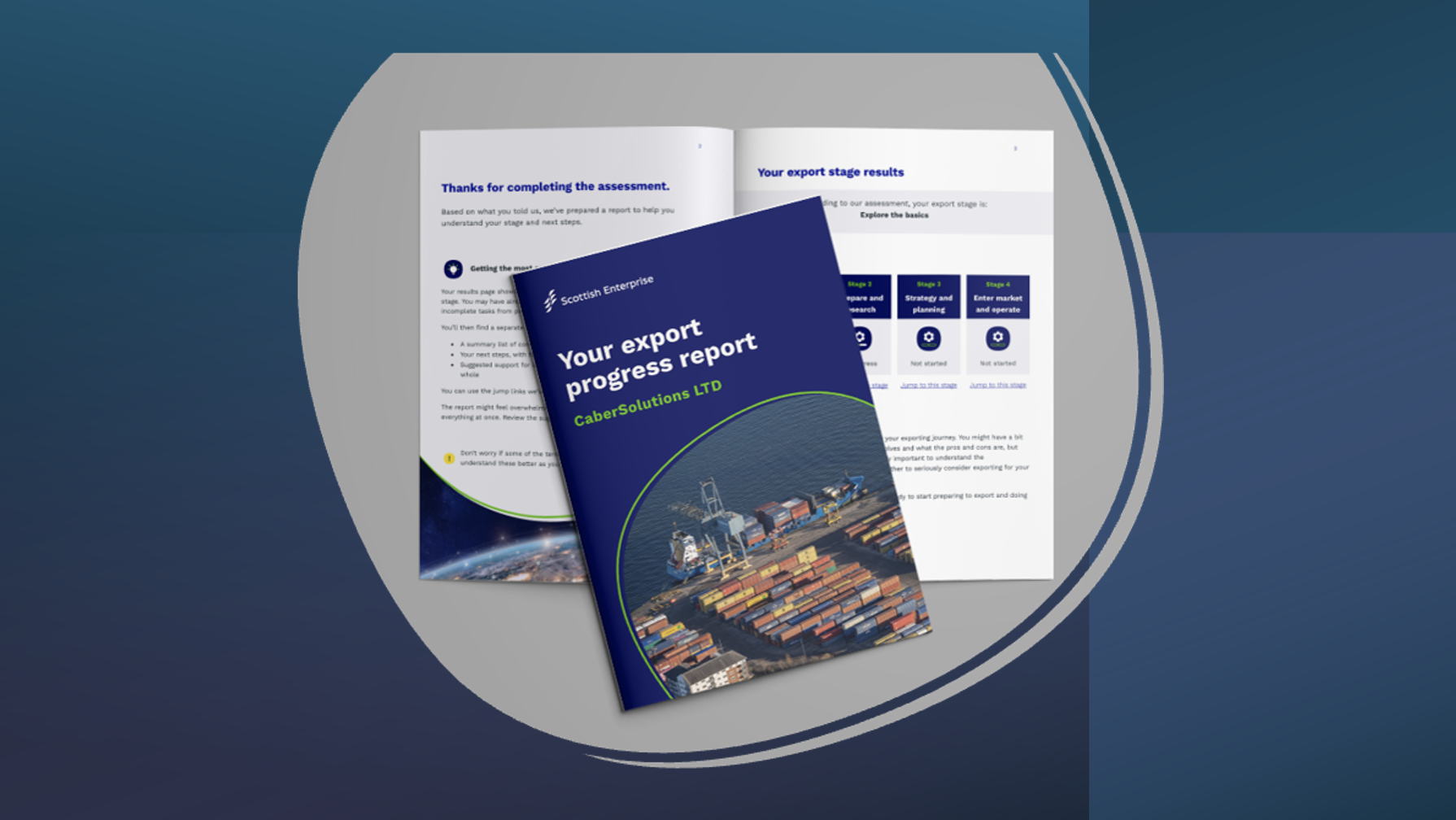Global outlook #3 ”“ New Zealand ”“ Xero, Bringing great experience to accounting

This week in our Global Outlook series we spoke to Sam Daish, General Manager, Data Innovation at Xero, about the development of AI in the accounting sector:
Sam, can you tell us how your business has changed in recent years?
The fundamental change is one of scale. Xero is growing fast. So in the data space our scope to deliver innovation for customers is exploding. At the core of accounting software are products, services and functionalities to make routine accounting activity easier. Easier’ now equals automation. So our core skills around creating easy to use and beautiful products and features are being extended to include machine learning and AI, which also widens and deepens our client offering.
What has enabled this change?
Two things, data and our expertise in AI development. Data really enables us to power beautiful experience for our customers. We work closely with small businesses and our partners to create smart interactions. Machine learning is the engine that uses that data to create tailored experiences to all our customers.
We started our Machine Learning journey back in 2015 with one of our yearly hackathons called Xplore. Those events are all about freedom, fun and discovery.
During this Hackathon, our team, created a machine learning algorithm to streamline account code prediction for invoices.
Rod Dury, our founder, became really enthused by it and was quick to get resources aligned behind it. Rod often says that
“this new solution put Xero on a new pathway as we discovered a problem we didn’t even realise we had”.
The growth of expertise we have in AI today compared to three years ago is amazing to be part of.
What’s the type of problems you’ve been solving?
A good example is the development of customer data augmentation tools. In order to sign-up for Xero businesses only need an email address and an address.
Those are very often the only details we hold on the businesses of our clients. With machine learning we can augment that data automatically by looking at things such as business websites.
Our solution analyses the words used on the website and tag some attributes and areas of interest based on the language used.
For example, it is possible to derive the industry they operate in and whether they have physical shops or are purely digital businesses. That approach has kick started a range of natural language initiatives and changed the way we think about businesses.
What do you do with those data?
Well, it’s a massive lift in how we understand the businesses of our customers, and so what they might need from us. For example, many plumbing businesses are not only interested in plumbing projects. They might also need assistance with regulatory changes in the construction industry more widely.
They might have a retail shop as well as carry out design and plumbing work, so they are not only construction companies they are also retail and professional services companies. We can then develop appropriate tools for those businesses.
Can you tell us about more innovations happening at Xero?
Absolutely. Our data was telling us that small businesses didn’t have time to enter bills in our system. Following the same customer led approach we came up with the email-to-bills functionality that we previewed at Xerocon Atlanta. This optional piece of software will enable users to forward PDF bills from any supplier to their Xero account.
Our solution can recognise accounting figures, suppliers names, VAT, etc. We estimate a 25% time reduction when creating and editing a bill. And bills are just the beginning. Any automation that saves our small business owners time and improves reporting accuracy is worthwhile and worth exploring according to the Xero mentality.
Why is New Zealand a great place for financial technology companies to thrive?
The Fintech space at the moment is all about collaboration and connection – technology is moving at such a pace that you can’t focus on everything. Partnering allows you to access niche capabilities and we are seeing a lot of born from companies working together. It also doesn’t hurt having Fintech NZ pulling us together and making those connections.
Another key benefit for us is that we are able to watch and learn from what is happening in bigger markets like the UK or Australia, so that we can choose the best bits to implement in NZ and then potentially take global.<
While NZ is geographically distant from many markets, technology and diversity closes that distance very effectively. NZ really is a melting pot for so many ideas, experiences and people to come together, and technology helps connect that to the world.



